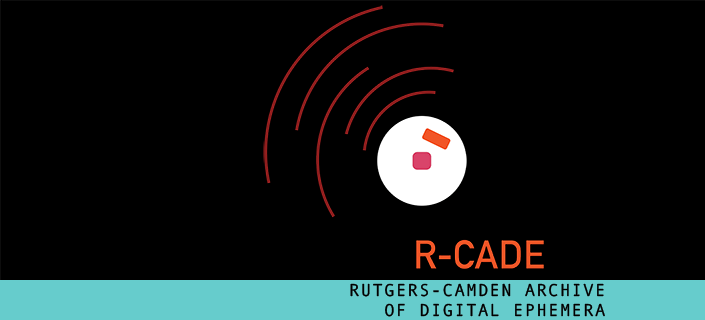
Lisa Nakamura, Professor of American Cultures, University of Michigan, Ann Arbor
Thursday, October 19, 2017
1pm
Gamble Room, Rush Rhees Library 361
Lisa Nakamura is the Gwendolyn Calvert Baker Collegiate Professor in the Department of American Cultures at the University of Michigan, Ann Arbor. She is one of the leading scholars in the field of critical digital media studies/digital humanities. From coining the concept of “cybertype” as distinctive ways that the internet propagates, disseminates, and commodifies images of race and racism, to locating the internet as a privileged and extremely rich site for the creation and distribution of hegemonic and counterhegemonic visual images of racialized bodies, Nakamura has significantly contributed to the theory of racial formation in digital cultures. Her publications include Race After the Internet (2011, co-edited with Peter Chow-White) and Digitizing Race: Visual Cultures of the Internet (2007).


 Education: BFA, School of the Art Institute of Chicago, 2003; MA, Visual and Critical Studies, School of the Art Institute of Chicago, 2010.
Education: BFA, School of the Art Institute of Chicago, 2003; MA, Visual and Critical Studies, School of the Art Institute of Chicago, 2010.
